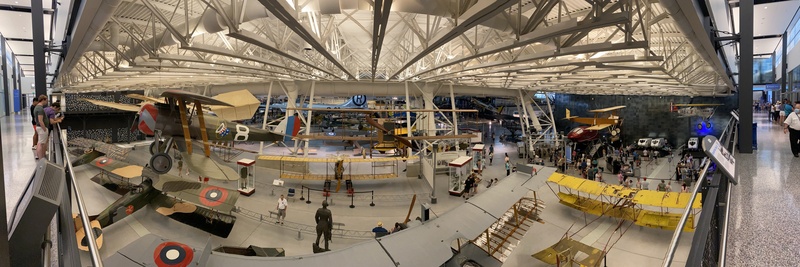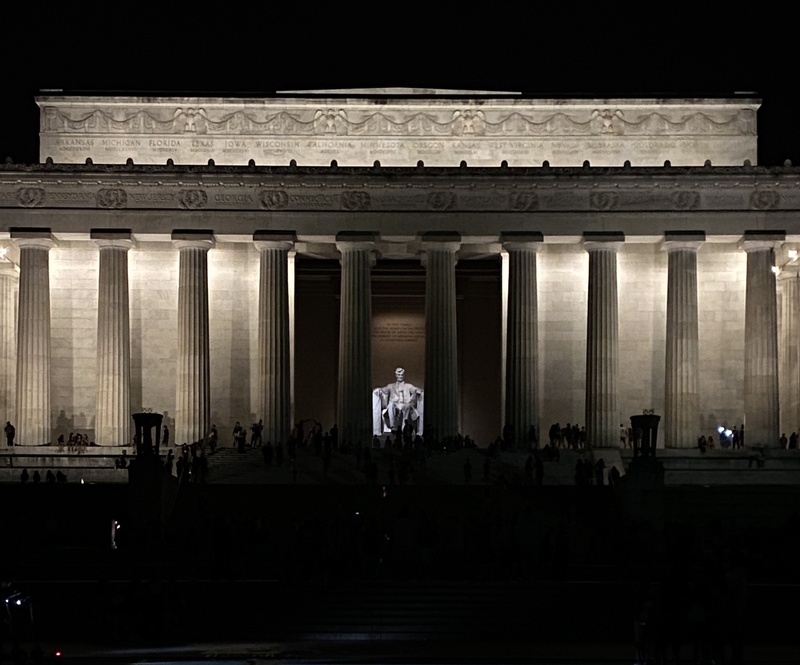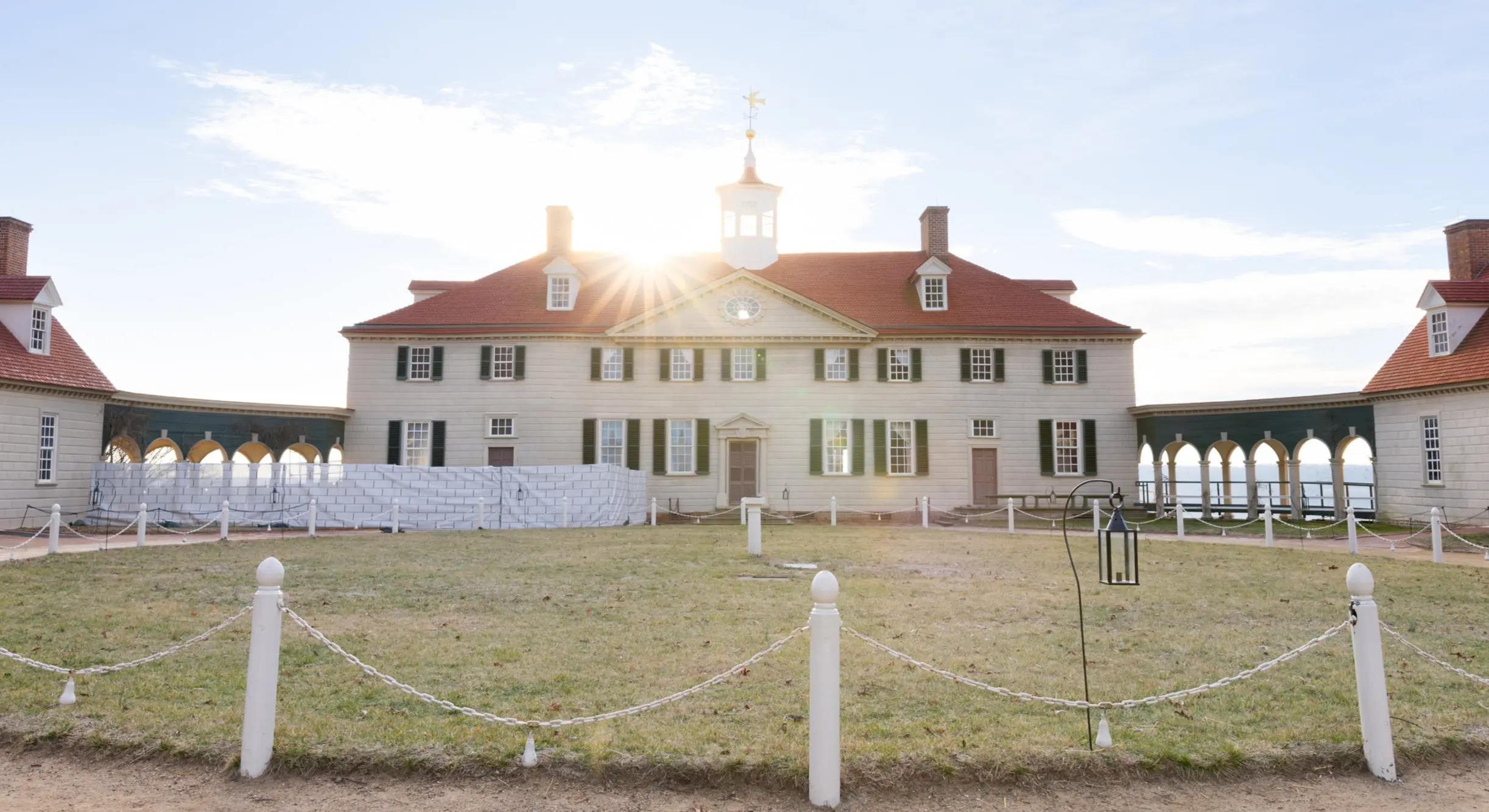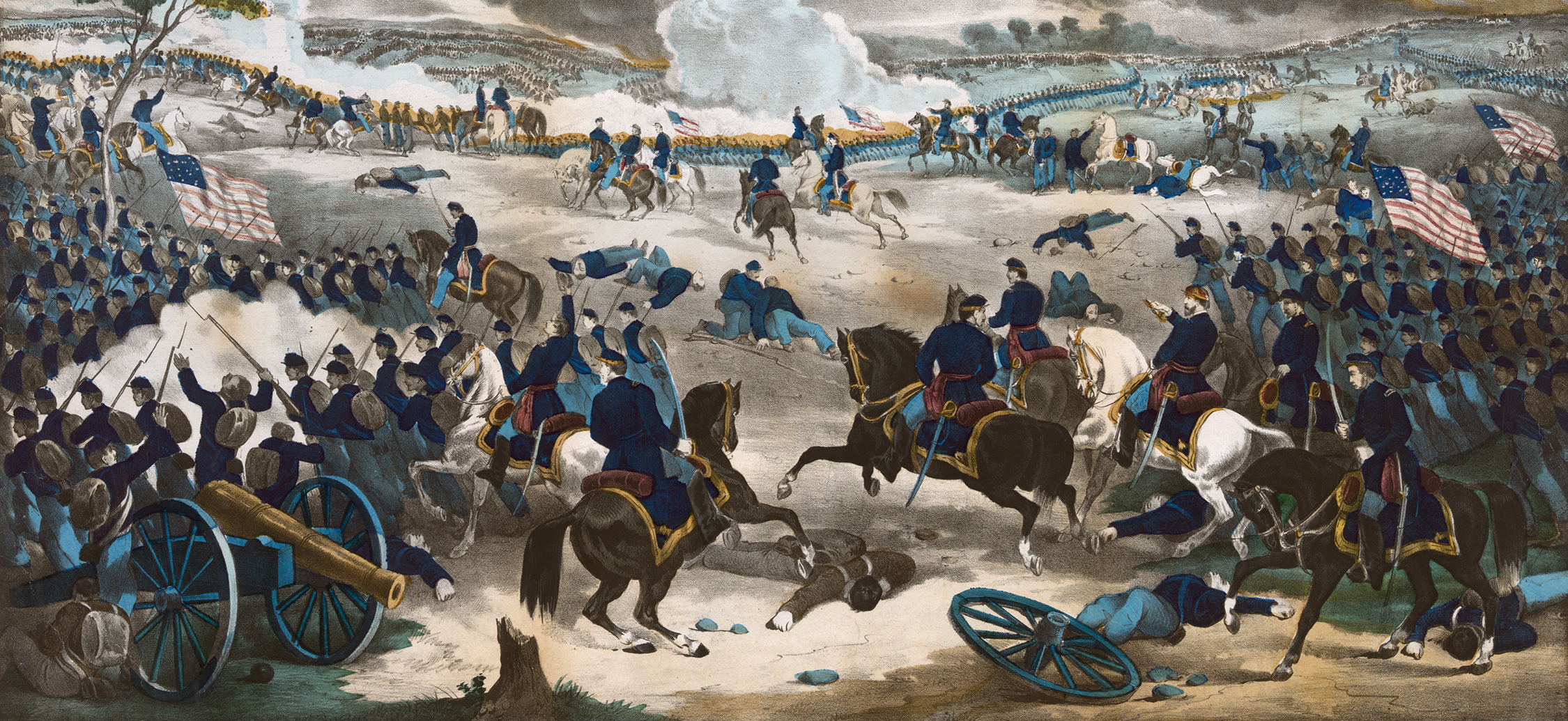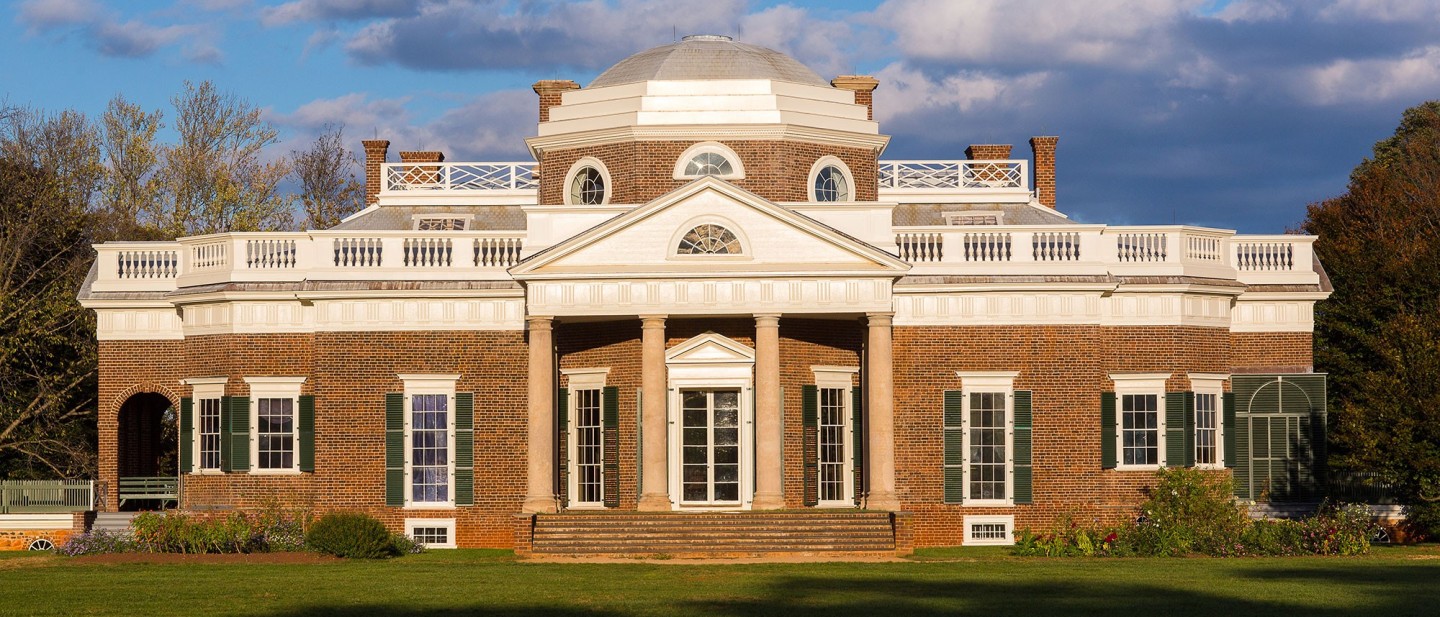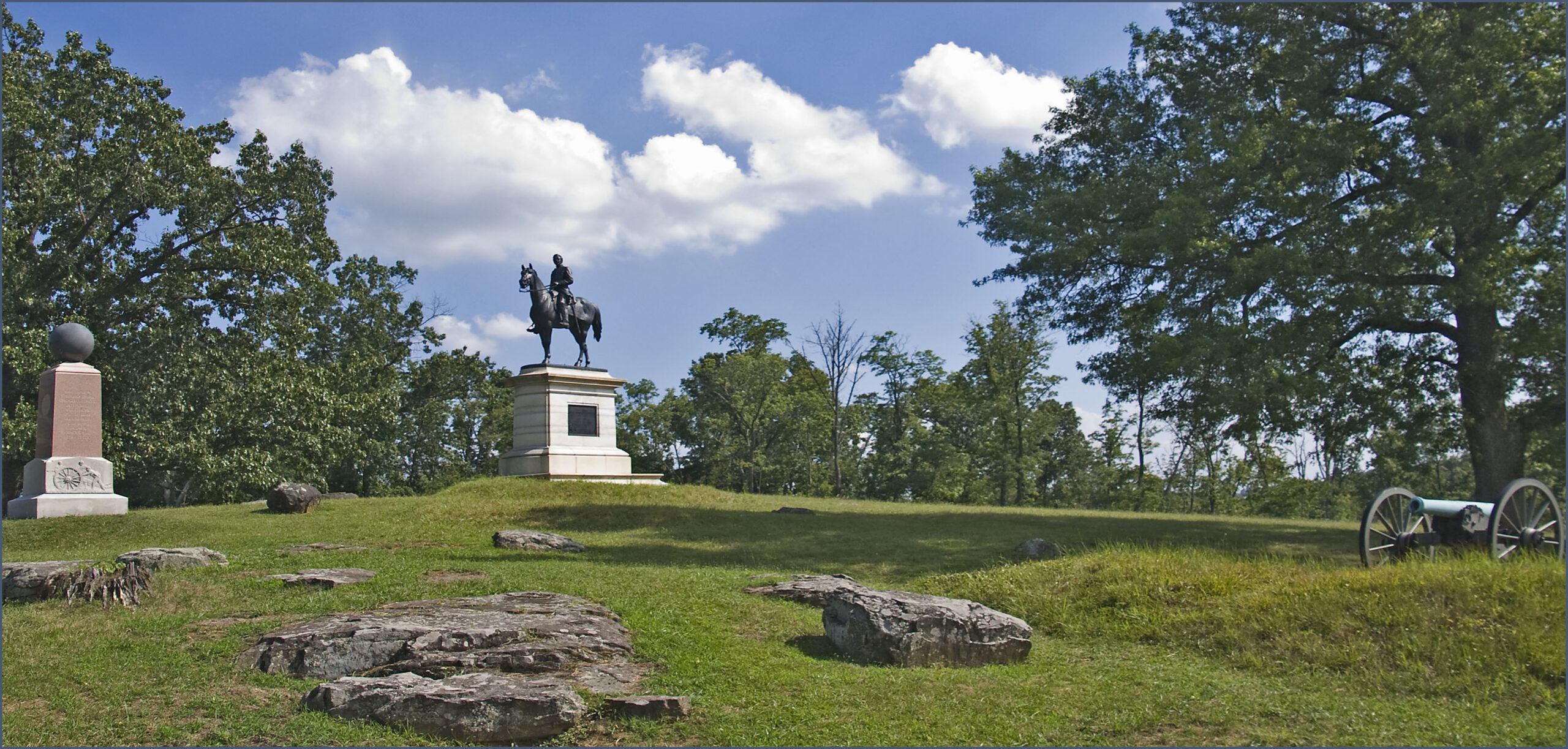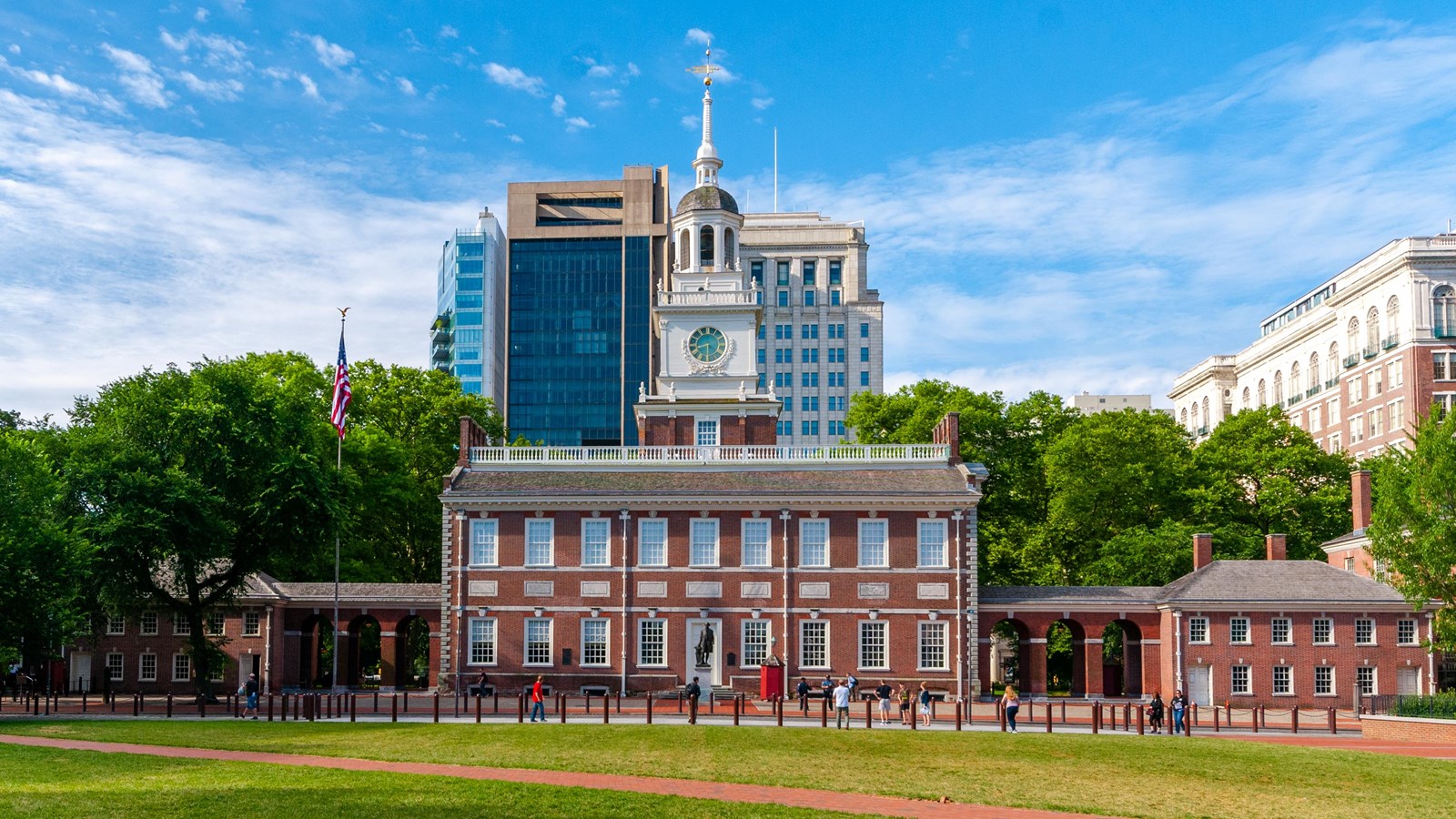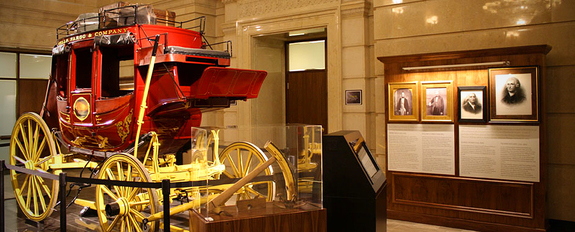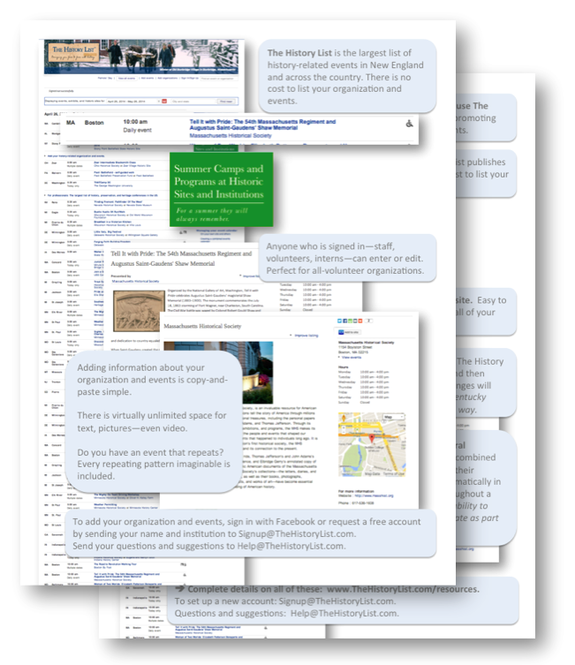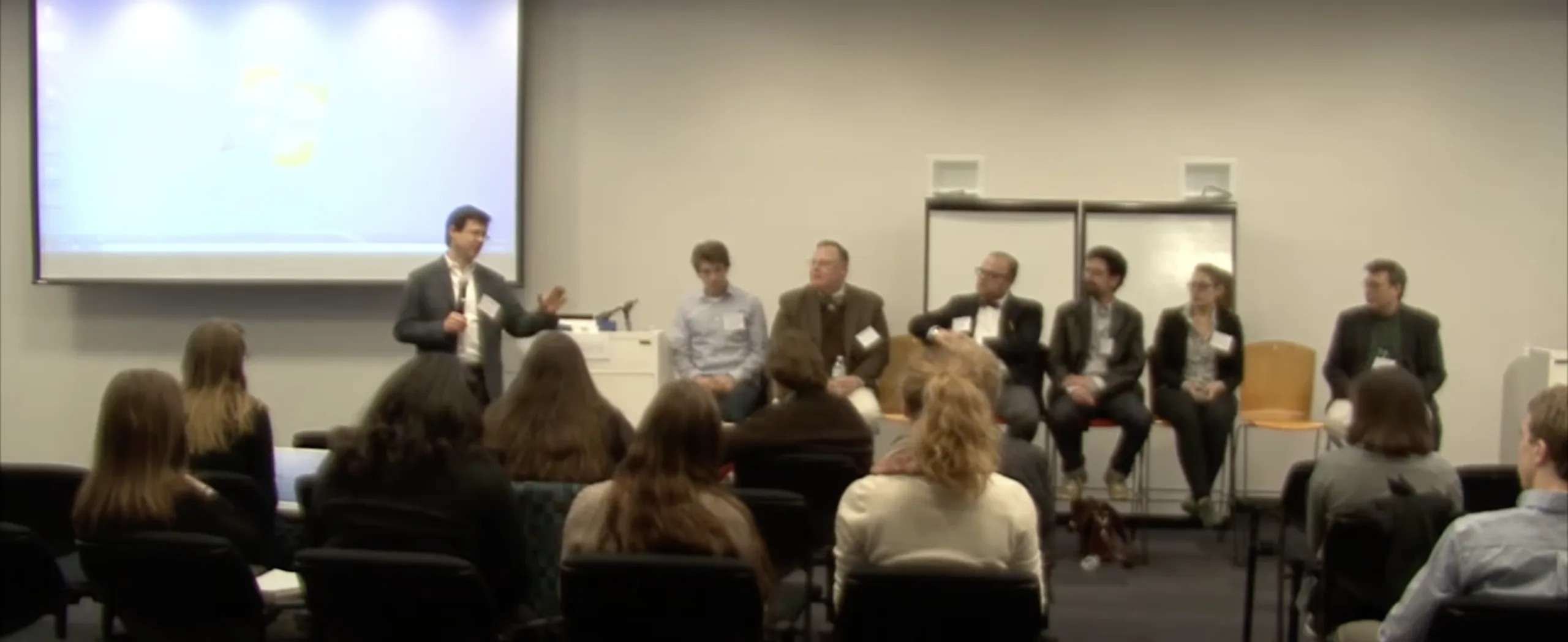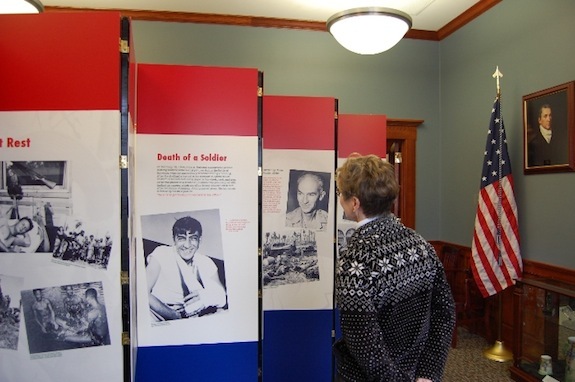The five critical questions to answer when considering a new fundraising event
Considering a new fundraising event event for your historical society, museum, historic site, or preservation organization? These the five critical questions to answer first:
1. Is the event consistent with our mission? Better still: Does it help us increase awareness of our organization and our mission i n our community and beyond? The event whose poster is shown here is a perfect example of just such an event.
n our community and beyond? The event whose poster is shown here is a perfect example of just such an event.
2. Can we make money this year? Better still: Does it give us the highest ROI on our time and money invested?
3. Can we make money in future years? Better still: Can we create a signature event, one that we can do year after year and that draws more and more people from our community and beyond–an event where we “own” this same day/weekend/week every year? If so, your ROI next year is likely to grow as the publicity and word-of-mouth from this year bring more attendees, volunteers, and sponsors from your community and beyond. (In the case of the Shaker Village House Tour, the listing explains that it’s a “once in a lifetime” opportunity, so while they won’t be doing this again next year, they’ll surely have more people for this one-time-only event.)
The well-worn adage, “Nothing succeeds like success,” is certainly true when it comes to events. Take a chance, work hard–perhaps even struggle along the way–and once your event is live and people are lining up at the door, you’ll start hearing, “Are you planning to do this next year? Are you looking for volunteers? How do I become a sponsor?” These people understand now what you’ve been trying to get them to imagine. They see it working and know that they’ll be supporting a good cause. They can join their friends in volunteering and attending. Sponsors want to reach the people you’re attracting and show that they support an important institution in their community. And inside of that new sponsor organization there are decision makers who now know that sponsoring isn’t a risk. They’re not sticking their neck out and taking a chance that the event will fail and their decision to sponsor called in to question.
4. Can we afford it financially? Do we have the physical resources? And if we don’t, can we borrow, rent, or buy what we need at a price we can afford to get this off the ground? Closely related: Can we afford it if it doesn’t go as well as we’re planning? Do we have sufficient insurance to protect our board and institution if someone is hurt? And how do we minimize the chance that something like would ever happen?
5. Can we afford the time? Just as one allocates money, allocating the time of board, staff, and volunteers is an important consideration. And in the case of volunteers, if they say “yes” to helping out with your new event, will they be willing to volunteer for other efforts you have planned?
One way to mitigate the impact on volunteers is by taking advantage of technologies that lower the time required to plan, publicize, and produce the event. The History List is one of the free tools you can use to increase awareness of your event. Adding an event only takes a few minutes. It’s cut-and-paste simple, and anyone–staff, interns, volunteers–can add or edit, so you don’t need to worry about setting up and sharing one account. Give them this one page guide and they’ll have everything they need to add your event to The History List.
A final note: The next time you attend, say, the “37th annual . . .” and wish that only your organization had such a big, successful event drawing people from throughout the region, remember that at least 38 years ago a few committed, hard-working folks debated the idea for a new event for that organization. Whether they walked in with the vision or were skeptical when they first heard it described, by the time the meeting wrapped up they were all committed to bringing to life this new thing that they’d never done and had no assurance would be a success.
Good luck as you and your colleagues create your next event.





